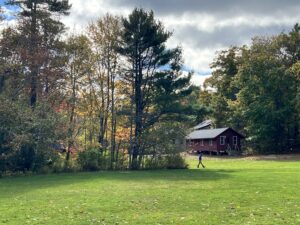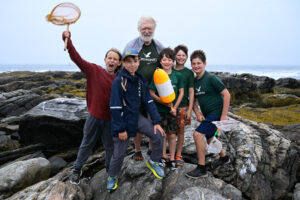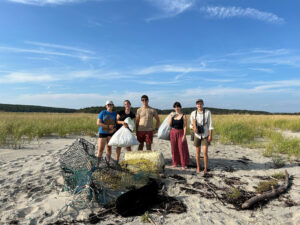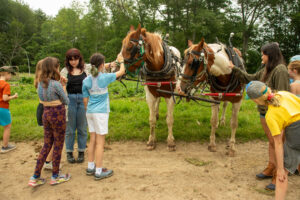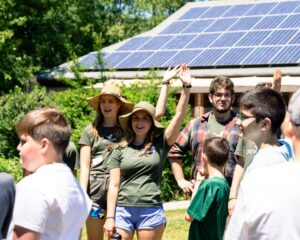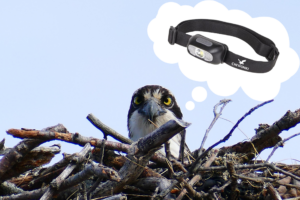Meet Jhovaé Irving. Irving is a 26-year old IT professional at George Washington University, her alma mater. She was born in Jamaica, and her family moved to Queens, NY when Irving was six. During high school, Irving attended Deerfield Academy, a private boarding school in Massachusetts, and she later earned degrees in both geography and environmental studies in college. Professionally, she is interested in climate resilience, agro-ecology and biogreography — a career path partially inspired by experience at Chewonki (she’s an alumna of semester 48). And, Irving, is part of our mentorship program for students who identify as BIPOC (Black, Indigenous, and People of Color).
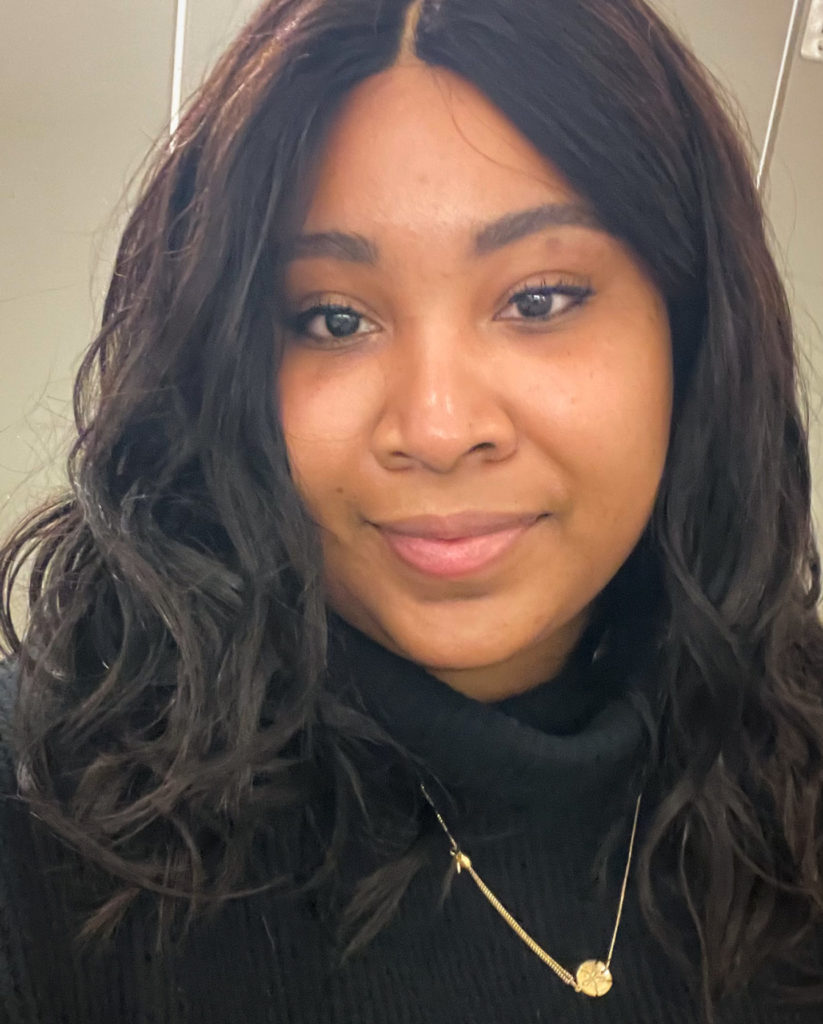
“I had been looking for a way to volunteer for my high school or college,” explains Irving, “and this is something I wished existed when I was a student at Maine Coast Semester.”
We created the BIPOC mentorship program in 2020 to provide additional support for Maine Coast Semester students who identify as members of underrepresented communities by pairing them with near-peer mentors, like Irving. The effort aims to provide an added outlet for racially minoritized students to process their Chewonki experience and prepare for their transition home at the end of the semester.
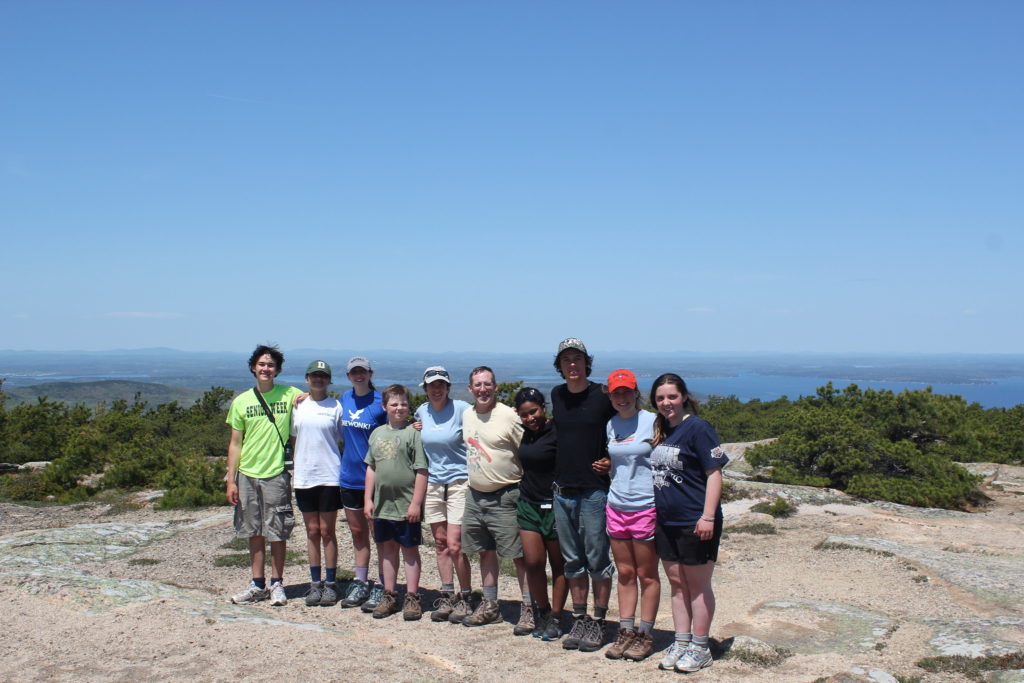
“Not everyone is close to their families,” continues Irving on her motivations to volunteer, “I wanted to be a person that students could come to, an objective observer, and a resource for both students and Chewonki.” In her role as mentor, Irving regularly meets with one or two students a semester and can share feedback with faculty about how to better support BIPOC students.
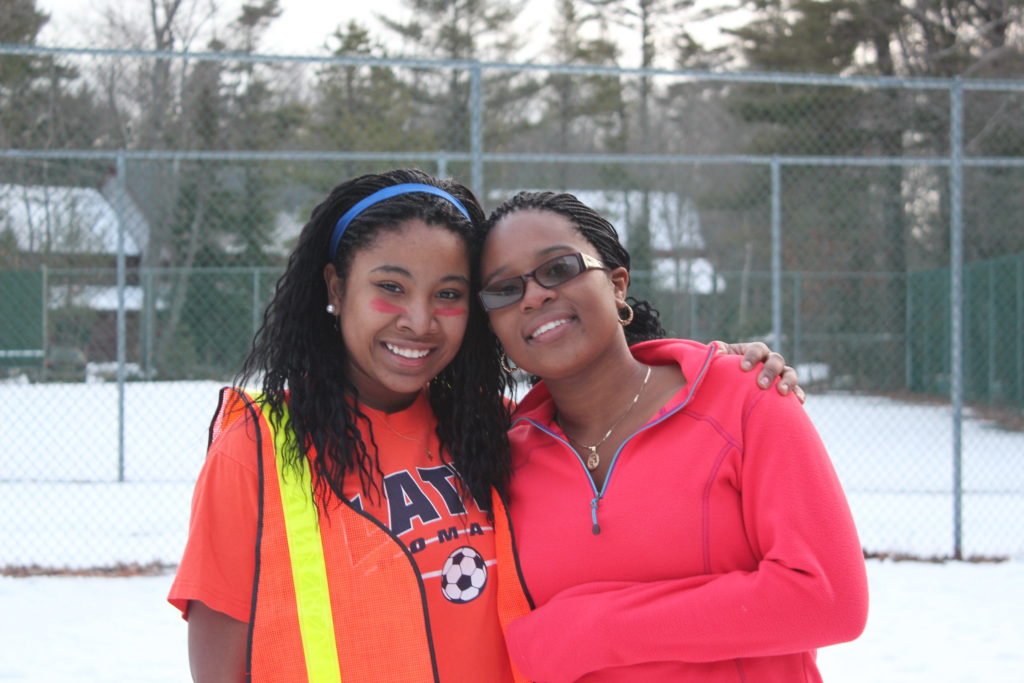
Irving doesn’t see herself as the typical Maine Coast Semester student. She’s not particularly “outdoorsy,” for example, and a lot of people are surprised to hear she was born outside of the United States. “I applied to Maine Coast Semester because I needed a change of scenery more than anything,” she explains.
In fact, many of our students arrive with minimal outdoor experience, and we also commonly see applicants who want a change of pace from their home school’s culture or peer group. Many are looking for a more hands-on learning environment that extends beyond the classroom. To follow her interests, Irving has had to navigate many primarily white spaces, from boarding school and Maine Coast Semester (only about 10%-15% of semester students identify as members of underrepresented racial and ethnic groups, for example) to the environmentalism/sustainability sector. So, all these attributes make Irving a great mentor to younger BIPOC-identifying students who choose to attend Maine Coast Semester and may want to pursue similar careers afterward.
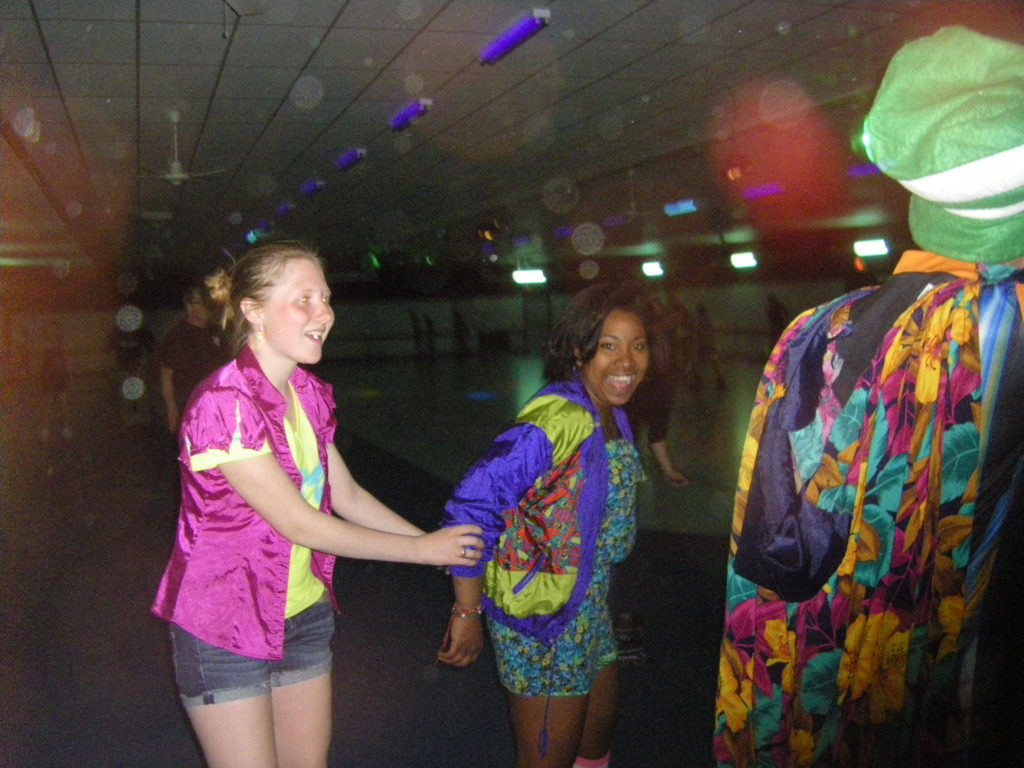
Irving says she would like to pursue career in climate resilience because she wants to support communities in adapting to increasingly alarming weather patterns. Growing up in New York City, she remembers many weather events that disrupted daily life. Now, living in Washington D.C., nearly every rainstorm triggers massive flood warnings. “These aren’t unique, catastrophic occurrences,” she explains, “weather events have become daily disruptions often caused by small accumulations adding up over time.”
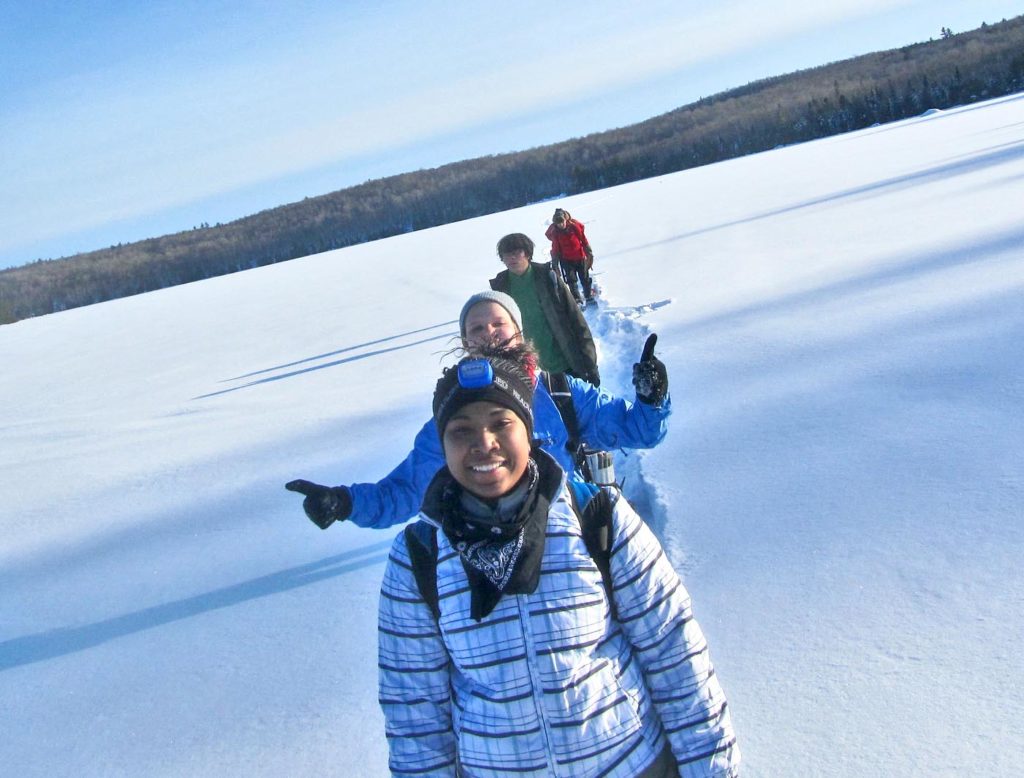
What does it mean to be resilient? “I think resilience is about adaptability,” answers Irving, “it’s about creating systems that can be flexible while maintaining their strength and integrity.” She thinks that durability, in the future, will derive from designed impermanence; it’s a fundamentally different approach than building to withstand.
We are grateful for the time Irving has given to support current students, and she says volunteering for the mentorship has been a learning experience for her as well. “I’m in awe of how differently [my mentees] have approached uncomfortable topics. They’ve shown me how to be braver and speak up a little more, even if it’s on a thorny subject.”
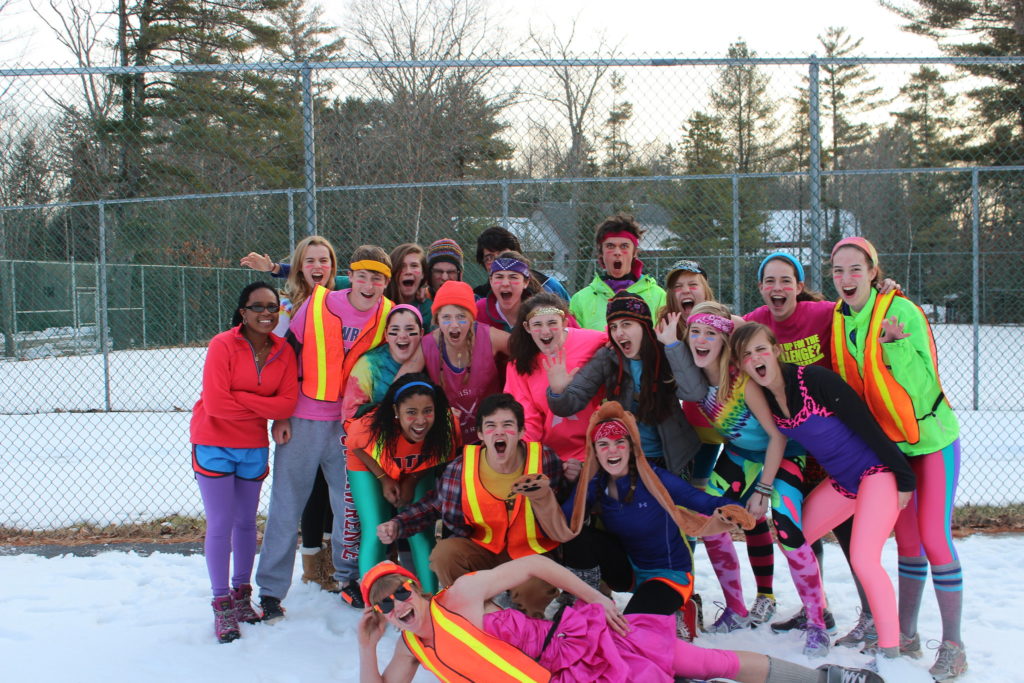
You can hear from Jhovaé, along with other alumni and staff, at our upcoming virtual event: Program Spotlight: Connecting Current Students and Alumni Through our BIPOC Mentorship Program. We hope to see you there.
Lastly, we want to say thank you to Jhovaé, and all our volunteer mentors, for sharing your time and experience with current Maine Coast Semester students.
